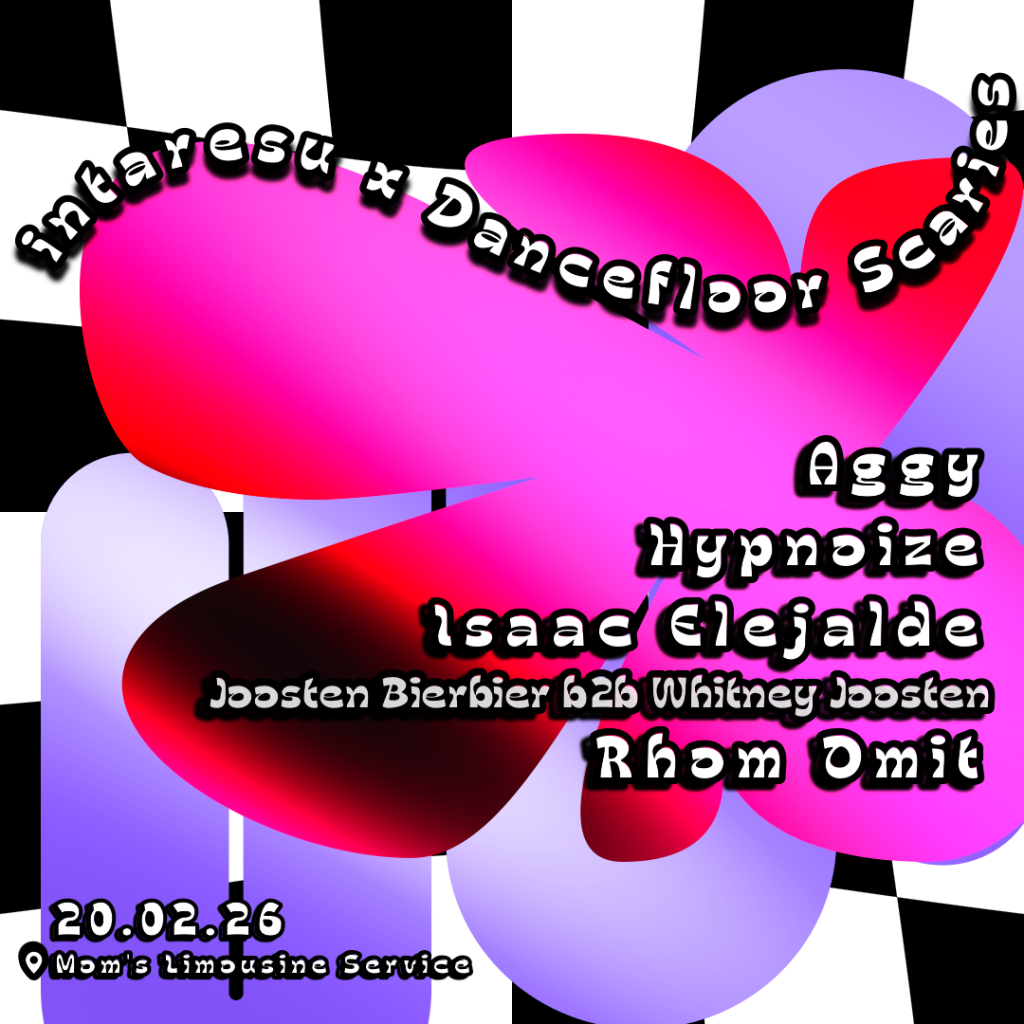Due to the increase in COVID instances, nightclubs in Berlin would be forced to reduce capacity limitations to 50% starting on Saturday, November 27.
The limits will be in effect for less than a month, until December 19, when they will be reviewed. Even if they’ve previously recovered or have had both vaccinations, clubbers will now be forced to demonstrate a negative test upon admittance into nightclubs under the new ‘2G Plus’ regulation.
The “2G” rule refers to the current COVID requirements for large-scale events and nightlife locations in Germany, which require attendees to be either ‘geimpft’ (vaccinated) or ‘genesen’ (unvaccinated) (having had COVID in the last six months).
The limitations will apply to stores, hotels, entertainment halls, education centers, and even Christmas markets around the city.
Club owners are eligible for government assistance, but some are concerned that funds would take months to arrive.
Politicians in Germany are mulling a nationwide lockdown and obligatory vaccinations following a recent coalition arrangement and government turnover.
Since mid-October, the number of COVID cases in Germany has been steadily increasing. With 68,000 new infections on Tuesday, November 23, the largest number of cases in a single day was recorded.
Nightclubs in Bavaria, the country’s largest state, have now closed completely following a three-week lockdown that will see entertainment businesses shut down until Christmas.
For more information visit Berlin.de and the official Measures against the corona virus.


